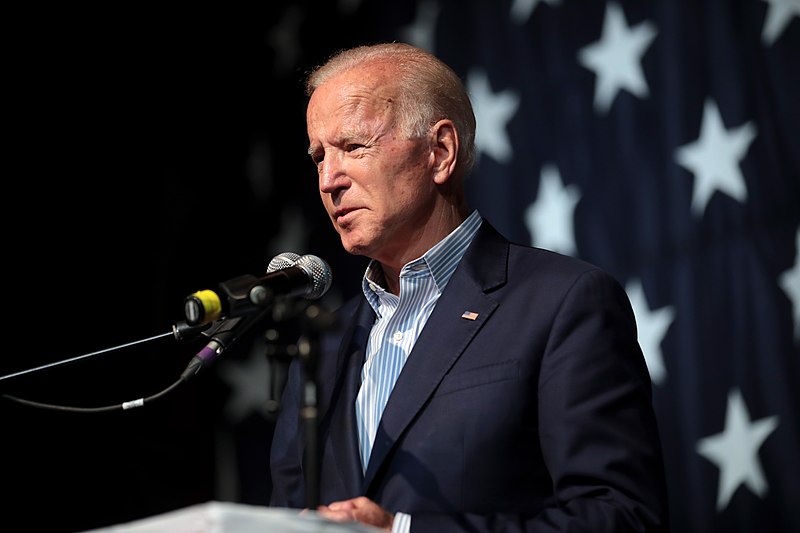
In the final minutes of his presidency, President Joe Biden issued a series of pardons on Monday, including preemptive pardons for several family members and prominent public officials.
The move came just hours before President-elect Donald Trump was sworn into office.
“My family has endured relentless attacks and threats, driven purely by partisan politics aimed at harming me,” Biden said in a statement. “Regrettably, I see no indication that these attacks will cease.”
Citing concerns over politically motivated investigations, Biden exercised his constitutional authority to pardon his brother James B. Biden; sister Valerie Biden Owens; their spouses, Sara Jones Biden and John T. Owens; and his younger brother, Francis W. Biden.
“The issuance of these pardons does not imply wrongdoing on their part, nor does their acceptance indicate guilt,” Biden emphasized.
Pardons for Public Officials
Biden also issued preemptive pardons for high-profile figures such as Dr. Anthony Fauci, retired Gen. Mark Milley, and members of the House committee that investigated the January 6 Capitol riots. He noted that these individuals had faced unjustified attacks for their service to the nation.
“Our democracy depends on dedicated public servants who act in the best interests of the American people,” Biden said. “It is unacceptable for them to face harassment or intimidation for doing their jobs.”
The pardons for family members and public officials were issued while Biden attended the inauguration of President-elect Trump at the Capitol. The warrant, signed on January 19, pardons the named individuals for any nonviolent federal offenses committed between January 1, 2014, and the date of the pardon.
Controversy Surrounding the Pardons
The pardons have drawn sharp criticism, particularly from congressional Republicans. Representative James Comer, chair of the House Oversight Committee, called the pardons a “confession of corruption” and argued they shield Biden’s relatives from accountability.
James Biden, the president’s younger brother, has faced allegations of misleading Congress during the impeachment inquiry into the president and his family. Attorney Paul Fishman, representing James and Sara Biden, responded: “Jim and Sara Biden did not request this pardon, as they have committed no crimes. However, given the circumstances described by the President, they have accepted it.”
The move comes on the heels of Biden’s controversial December pardon of his son, Hunter Biden, who faced tax evasion and federal gun charges. At the time, Biden had stated he had no intention of pardoning Hunter, but reversed course, citing the political climate and its impact on his family.
A Tradition of Presidential Pardons
Preemptive pardons are not unprecedented and often occur as presidents prepare to leave office. Biden defended his decision as an effort to shield individuals from politically charged investigations that could damage their reputations and financial stability, even in cases where no wrongdoing occurred.
“These actions reflect my belief in the rule of law and the resilience of our legal institutions,” Biden said. “However, no one should have to endure baseless investigations that wreak havoc on their lives.”
As the nation transitions to a new administration, the political fallout from Biden’s final acts as president is likely to persist, setting the stage for contentious debates under President Trump’s leadership.






































